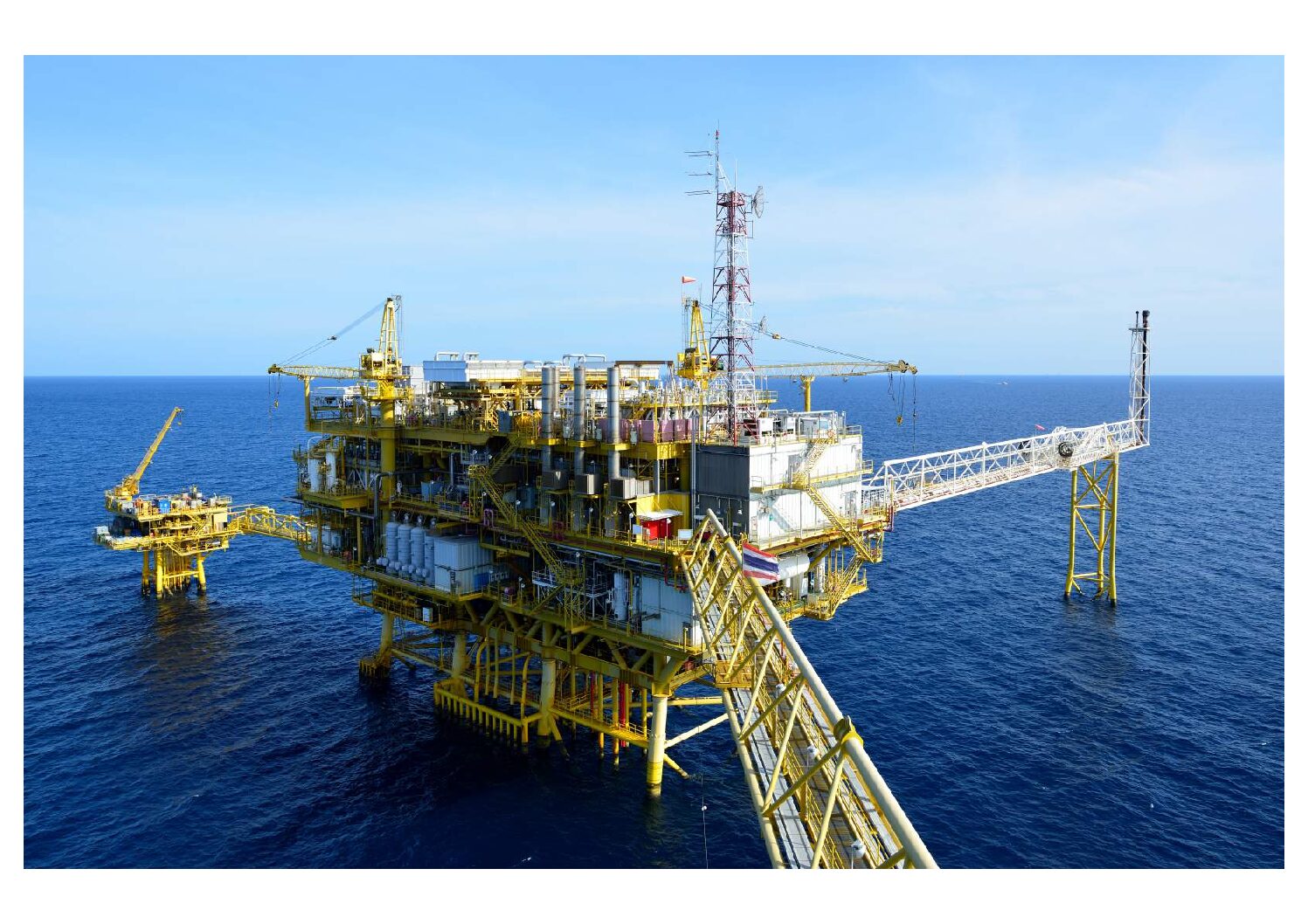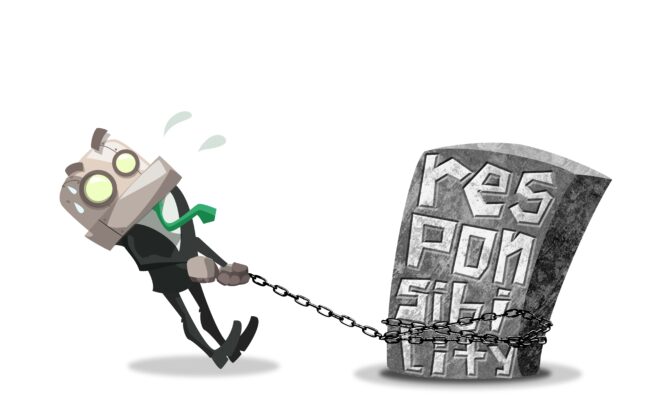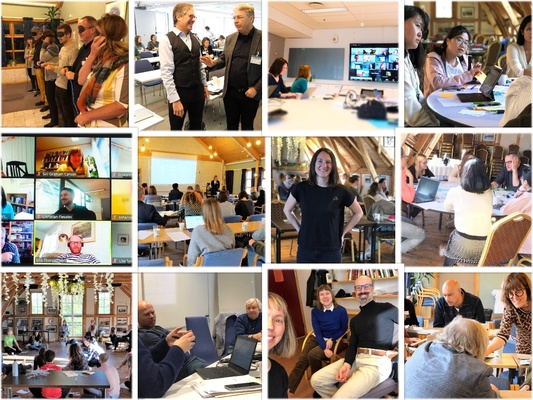A fine balance – Equinor and Hydro as frontrunners of corporate sustainability?
One might expect the discovery of natural resources in a state to lead to rising living standards. The concept “resource curse”[i] suggests that this is often not the case. The new Springer book Sovereign Wealth Funds, Local Content Policies and CSR sheds light on the vulnerability that comes with state dependency on natural resources and, consequently, on the extractive industries. In Norway, we have managed to use the revenues from the petroleum findings in the North Sea to build a functioning welfare state. This is, however, an exception rather than the rule. And, as the Age of Oil is drawing towards an end, the day may come when the petroleum resource becomes a disadvantage even for Norway, as a new podcast produced by NTNU suggests.
I got the opportunity to contribute to the mentioned book and podcast, both exploring the risks and responsibilities following from natural resource extraction. In Norway, extractive industries have contributed to a high GDP, increased tax revenues, export earnings and employment. Meanwhile, internationalization has brought the major Norwegian (partly state owned) companies into the global market with activity all over the world. The Norwegian companies have since been involved in grand corruption as well as other social and environmental scandals. Still, they overall enjoy a good global reputation and perform comparatively well on sustainability indexes. The rising knowledge of environmental sustainability as a premise for economic and social sustainability may challenge this position. It becomes increasingly difficult, even for the “best actors” within the extractive industries, to uphold an image as sustainable companies. The relatively recent renaming and reframing of Statoil to Equinor provides a telling example of an attempt to do so.
Sovereign Wealth Funds, Local Content Policies and CSR explores three strategies in the extractives sector for creating shared wealth and positive social, environmental and economic outcomes. These are: state wealth funds (SWF), local content policies (LCP) and corporate social responsibility (CSR) practices. Jonathon Moses, professor of political science at NTNU and co-editor of the book, writes about Norway’s immense SWF, the Norwegian Petroleum Fund, and about Local Content Policies in the Norwegian context. Together with NTNU colleague Heidi Rapp Nilsen, I contribute with a chapter on CSR. In our chapter, we look into how the extractive industry actors in Norway have dealt with internationalization and rising expectations of social responsibility. Specifically, we look at how Hydro and Equinor have managed their social legitimacy in an increasingly complex global market.
Corporate social responsibility (CSR) may be viewed as a response to ineffective government policy. This already makes CSR controversial, as it may further undermine government power and contribute to even more powerful multinational corporations. CSR as a voluntary societal contribution has been criticized for contributing to “hypocritical window dressing” and “green washing” (alternatively the newer version: “SDG washing”). In general, CSR is accused of serving to solidify the unchecked power of industrial actors in the global market. On the other hand, it is hard to find alternatives in cases where the nation states struggle with upholding social and environmental standards of their own. Also, week states are hardly able to control corporations that exceed them both in terms of global political influence and sheer size of economy. In the absence of efficient supranational regulation, self-regulation combined with an alert global public might be the only option.
In our chapter, we sketch the rise of “explicit CSR” in the Norwegian extractive industries. We review two major Norwegian companies, Hydro and Statoil/Equinor. The entry into the global market leads to legitimacy challenges for both companies, at home as well as abroad. Explicit CSR means to become expressive about social and environmental responsibility and to voluntarily commit to promote societal benefits. Both companies seem to take up such a strategy in an attempt to fill the governance gaps of global capitalism. We argue that while their CSR strategies have been quite successful, it is challenging to reconcile the role of a socially and environmentally responsible company with being an actor in the global extractive industries.
Both companies have shown high ambitions of CSR and corporate sustainability, among other things through their involvement in global initiatives such as Extractive Industries Transparency Initiative (EITI). In the Hydro example, we explore the historic development of an explicit CSR policy in response to the cross-pressure of internationalization. The company has faced criticism, on one hand for the loss of employment in the Norwegian communities where their factories has been closed down. On the other hand, they have been criticized for their activity abroad, e.g. when in their role as part-owner of an aluminum factory in Qatar they were forced to accept lower salaries for non-Qatari citizens. In the Equinor example, we look into some specific challenges of a national oil company in terms of political and environmental responsibility. Statoil/Equinor has among other things been involved in a corruption scandal in Iran and criticized for their involvement with governments in countries such as Angola and Azerbajan. They have also met accusations of green washing, e.g. for excessively fronting a proportionally marginal activity within renewable energy development.
One might ask if it is even remotely possible to pass for a responsible corporate citizen in the “dirty” world of the global extractive industries., where environmental destruction is unavoidable and greed and corruption rampant. Our reviews of Hydro and Statoil/Equinor indicate that these two major Norwegian companies have been relatively successful in doing so. However, they also show that the role of a socially and environmentally responsible company is hard to reconcile with being an actor in the global extractive sector. For Hydro, the attempt to portray themselves as a “community builder” while facing strong criticisms from the very same communities, both at home and abroad, indicates a fine balance. For Statoil/Equinor, there is an increasing discrepancy between their proportionally minor contribution to production of renewable energy and their claim to be perceived as a socially responsible energy company in the age of a mounting climate crisis.
[i] R. Auty (1993). Sustaining Development in Mineral Economies – The Resource Curse Thesis, Routledge 1993.

Siri Granum Carson
Siri Granum Carson is centre director of AFINO. You can read more about Siri on AFINO's webpage.




